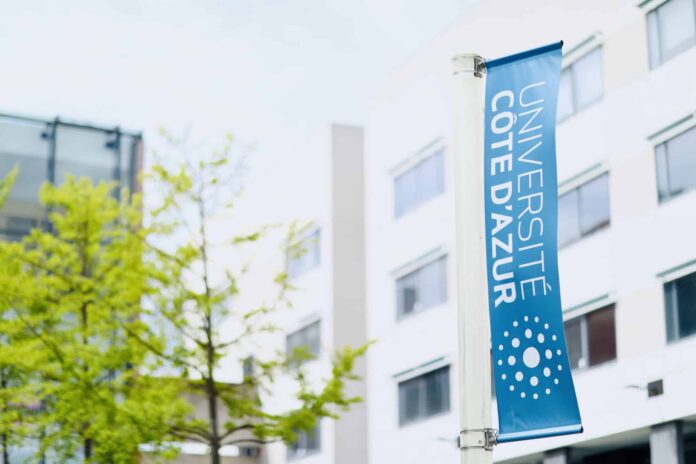The 2025 edition of the Shanghai ranking published today confirmed the presence of the University Côte d’Azur in the group of the top 500 universities globally. This stability is notable in a context of strong international scientific competition.
The Shanghai 2025 ranking, published this Friday, August 15, 2025, places the University Côte d’Azur (UCA) in the worldwide bracket 401-500. Nationally, it is ranked behind the University of Toulouse and ahead of the University of Lille.
Founded in 2019, under the name University Côte d’Azur, it quickly entered this ranking following its establishment. It relies on solid results in several scientific disciplines. Mathematics and physics are among its most internationally visible fields.
This stability compared to last year indicates consistency in scientific output. It also confirms that the university has been able to maintain a level of research that allows it to remain in a highly selective ranking.
The list, officially named the Academic Ranking of World Universities (ARWU), is compiled by the independent consultancy Shanghai Ranking Consultancy. It considers six criteria exclusively related to research. The number of Nobel Prizes and Fields Medals, the most cited researchers, and publications in Nature and Science are among the indicators taken into account. More than 2,500 institutions are evaluated each year.
A ranking dominated by Anglo-Saxon universities
In 2025, the top places remain unchanged from the previous year. Harvard holds the lead, followed by Stanford and the Massachusetts Institute of Technology (MIT). Cambridge remains the top European university, ranking fourth, ahead of Oxford, which is in sixth place.
In France, Paris-Saclay confirms its position as the top French university and holds the thirteenth position worldwide. Three other institutions feature in the top 100: Paris Sciences Lettres (34th), Sorbonne University (43rd), and University Paris Cité (60th).
Eight French universities appear in the top 200, including Strasbourg, Aix-Marseille, Grenoble Alpes, and Montpellier. The Paris Institute of Technology and the University of Bordeaux rank in the 201-300 bracket.
France maintains its third-place worldwide in terms of the number of universities in the top 20. Two institutions join the ranking this year: the University of Versailles-Saint-Quentin-en-Yvelines and the University of Picardie Jules-Verne Amiens, bringing the French total to 27 in the ranking of the top 1,000 universities.
Increased competition for French research
The Ministries of Education and Higher Education highlight in a statement the “intensified global scientific competition.” They believe this ranking “demonstrates the quality of French scientific work and the international recognition of our researchers.”
Élisabeth Borne, Minister of State in charge of National Education, Higher Education, and Research, sees these results as “an international acknowledgment of the excellence of our research.” Philippe Baptiste, Minister in charge of Higher Education and Research, congratulates the 27 ranked institutions and thanks “the entire scientific community for its commitment.”
These positions underscore the strategic importance of France’s scientific influence, even as the level of secondary school students in scientific subjects has never been lower.
UCA in a demanding scientific environment
For the University Côte d’Azur led by Jeanick Brisswalter, maintaining its place in the top 500 is a sign of consistency. This positioning, close to universities like Lille or Rennes, shows that establishments outside the major Parisian or Lyon poles can hold their ground in global competition.
While the university based in Nice remains far from the Anglo-Saxon giants, its visibility in certain disciplines contributes to its influence beyond the region.
Maintaining in the ranking relies on quantitative criteria: international awards, publications in prestigious scientific journals, citations in other researchers’ work. This requires continuous investment and a coherent scientific policy.
The university also has to navigate an increasingly competitive research environment. Budgets, international partnerships, and the ability to attract talent are crucial factors for maintaining or improving its position.
The 2025 ranking thus confirms a trend: French research holds its place in the global landscape, but must continually adapt to remain visible. The University Côte d’Azur is one of its actors, with a profile that continues to strengthen year after year. This is evidenced by the opening in September of the new faculty of pharmacy.


